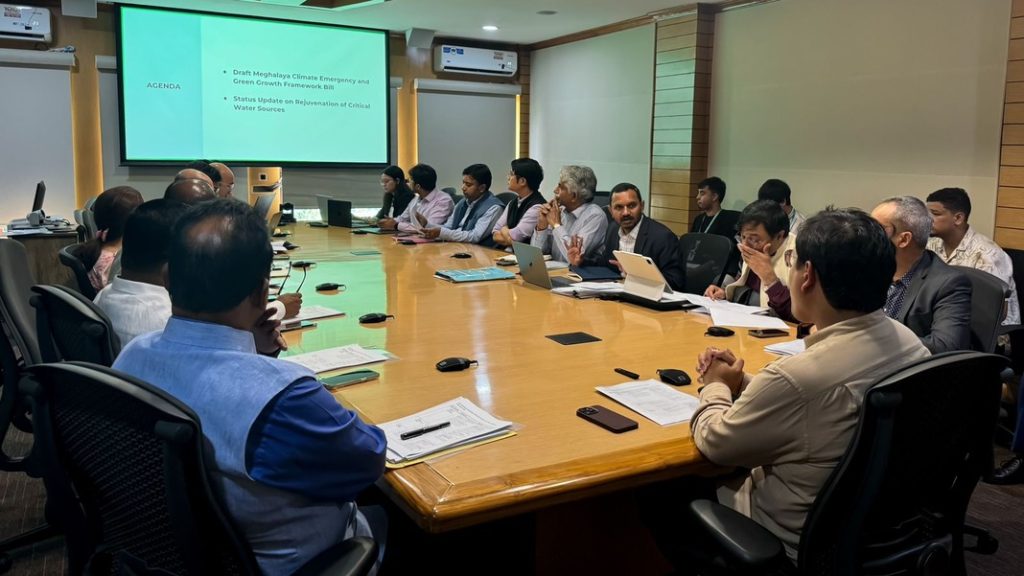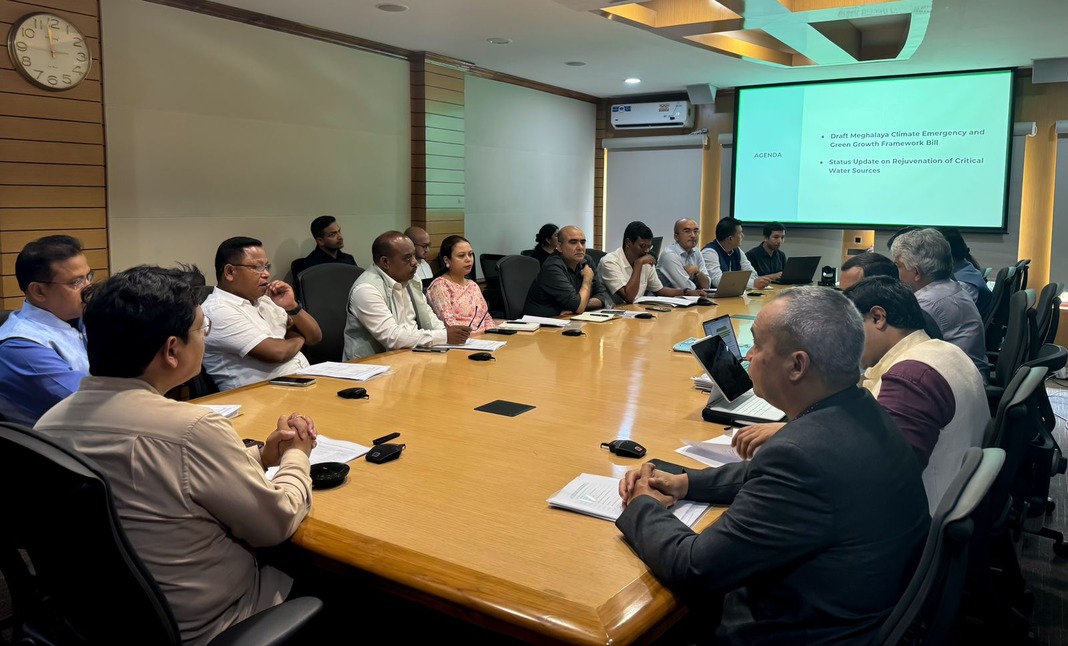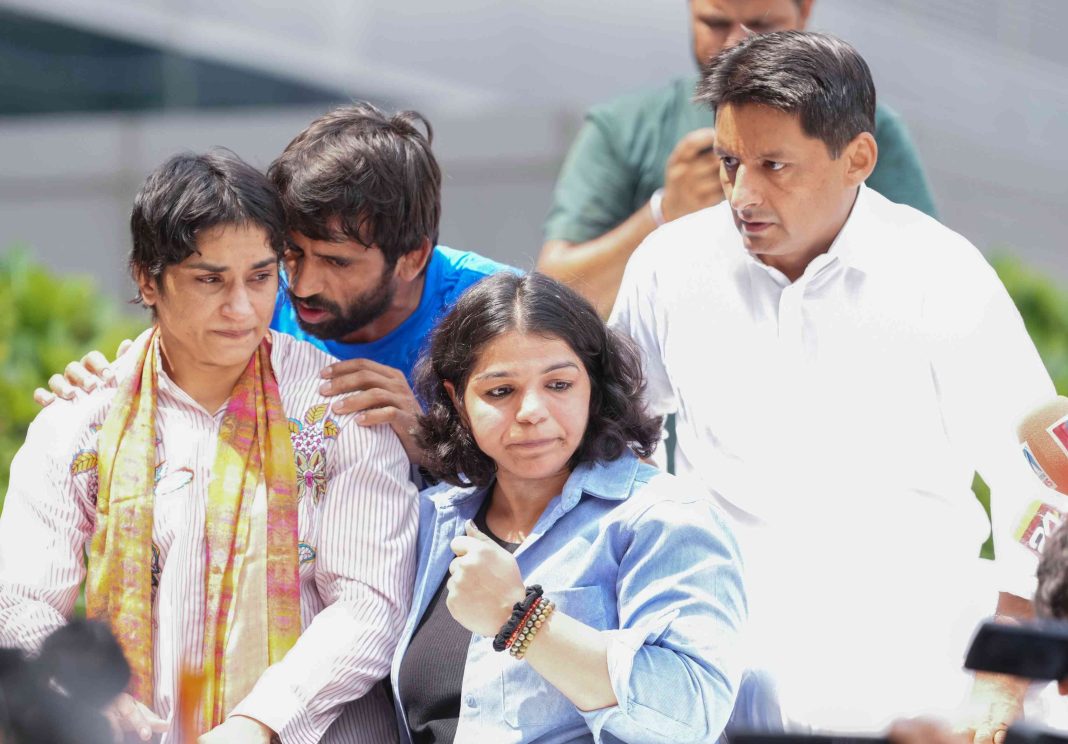Shillong, August 17: The Meghalaya State Council on Climate Change & Sustainable Development, on Friday, held a meeting at Chief Minister Conrad K Sangma’s residence in Shillong to discuss enabling measures to tackle the escalating climate crisis and safeguard the environment of the state.
To institutionalise the existing initiatives taken by the state to combat climate change, the Meghalaya Climate Emergency & Green Growth Framework was drafted, which aims at bringing a cohesion among initiatives of all departments and implementing agencies in addressing issues related to climate change.
This framework, which may eventually become a law, has been drafted by the state government following extensive research and consultation with stakeholders at the community, administrative and political leadership level.
If approved, Meghalaya may join the ranks of 40+ countries that have declared a climate emergency, marking a significant moment and dedication towards coordinated and targeted strategies towards climate action.
This draft framework was formulated with the support of Miss Karuna Nundy, Senior Advocate, Supreme Court of India and team, which then underwent an internal review with all concerned departments.
The chief minister emphasized that this framework is aimed at comprehensively addressing the climate crisis. He stated, “The health sector will occupy a major role in this framework as we confront new health challenges arising from climate change. It will ensure that health considerations remain central to our climate strategy,” he noted.

Sampath Kumar, IAS, Principal Secretary & Development Commissioner, stated that a Climate Emergency Law can enhance the existing interventions by providing a robust enabling framework. It will also take forward the aspirations of the young children who constitute 37% of the population of the state.
During the meeting, the council also reviewed work being done to rejuvenate the critical water sources in the state and a data portal was discussed for capturing real-time data on water demand and supply and creating water budgets at the village level.
Minister of Health & Family Welfare & (Minister of Agriculture) Ampareen Lyngdoh; Marcuise N. Marak, minister of SWCD and PHE; Abu Taher Mondal, minister of C&RD and Power & Non-Conventional Energy Resources; DP Wahlang, Meghalaya Chief Secretary; Shakil P. Ahammed, Principal Secretary & Development Commissioner; Sampath Kumar, Commissioner & Secretary, Planning, Investment Promotion and Sustainable Development Department; Vijay Kumar D and Pravin Bakshi, Commissioner Secretary and others were also part of the discussion.
It may be mentioned that Meghalaya has been at the forefront in implementing several interventions aimed at addressing climate change. The state was the first to adopt a convergent-holistic approach through a dedicated Water Policy in 2019, aimed at solving water problems and protecting water sources. It also pioneered the Payment for Ecosystem Services (PES) in 2022, that provides financial incentives to villages, communities or clans committed to preserve forests.
Further, the state has also rolled out several Environmental Action Plans (EAPs) to address climate issues, while also training several Village community facilitators as environment cadres. Worthy to also note that Meghalaya’s recently concluded Community Led Landscape Management Project (CLLMP) bagged the FICCI National GeoSpatial Award in the “Geospatial Excellence in Sustainable Development” category for its exceptional utilization of geospatial technology.




